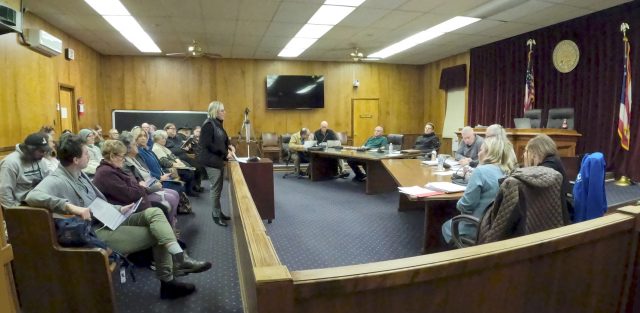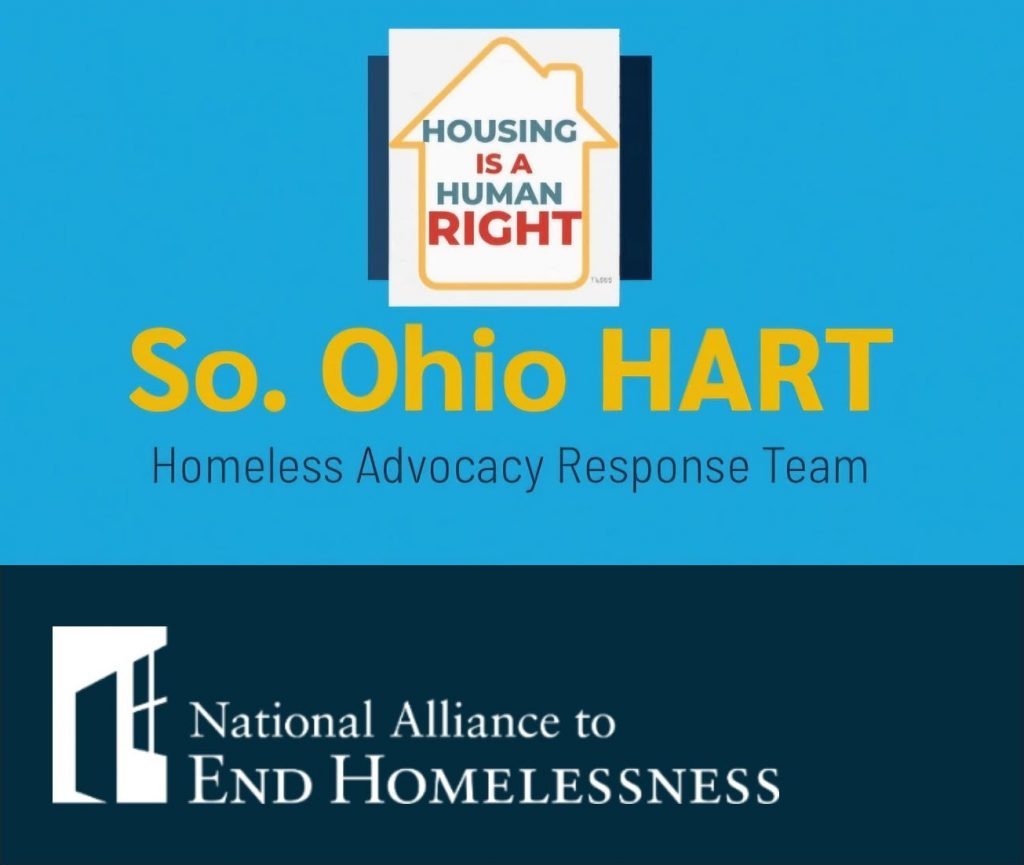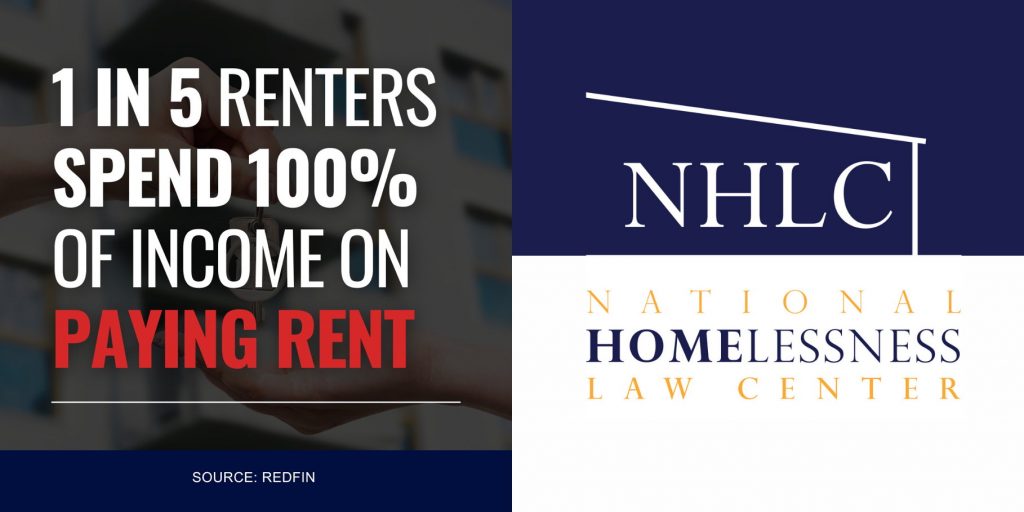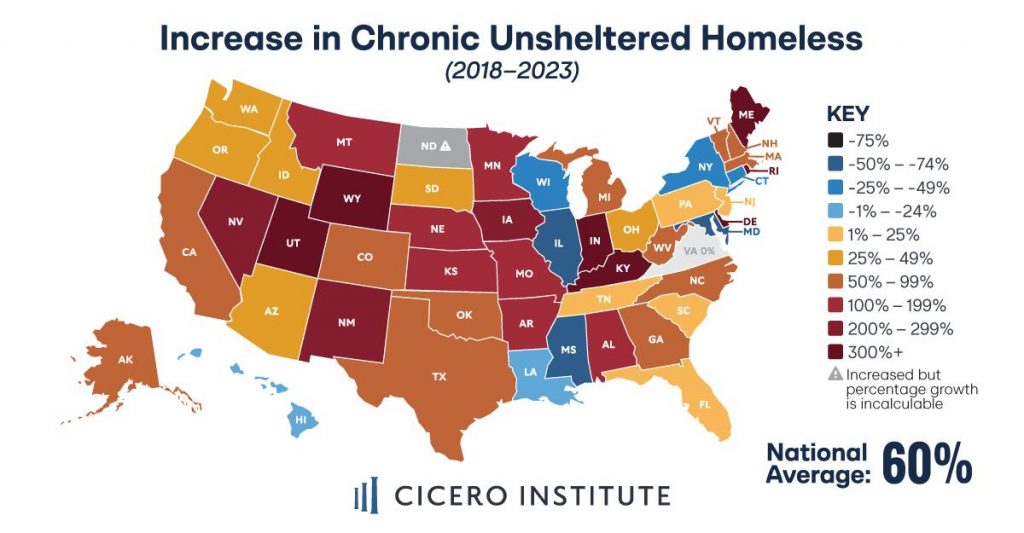

Chillicothe — After the recent public attention to the “cannabis moratorium” ordinance, Chillicothe Council moved quickly into another issue that has attracted public response, the “anti-camping” ordinance proposed to control homeless camps.
The Cannabis Moratorium was passed in the January 13th council session, which temporarily bans new cannabis dispensaries within city limits. Lisa Bennett, chair of the Community Affairs Committee, saw that ordinance passed.
She them moved on to committee hearings on Assignment 24-117, “Camping In Public Areas,” better known as the “anti-camping” proposed ordinance.
Back in 2022, a similar proposed ordinance making it illegal to camp on public grounds was brought to the council…but it was tabled and allowed to die after public input.
Though the current legislation is not even on council’s agenda yet, it has attracted a large audience and many speakers from the citizenry. See my previous stories on the issue:
- “Proposed ‘Anti-Camping’ Ordinance Prompts Opposition in Chillicothe Council” (January 29th)
- “Defense of Homeless Again Dominates Chillicothe Council” (February 13th)
- “Chillicothe Council Hears Data on Homeless” (February 14th)
Aside from testimony from volunteers and workers who help the homeless, there has also been communications from a national advocacy group, as well as hints about a national group that advises against “misaligned policies.”
The National Homelessness Law Center and the Southern Ohio Homeless Advocacy Response Team (HART) has addressed council about the issue.
Linda Hoover of HART shared her email after the council session on February 12th:
“Lisa .. I know you are working tirelessly on this egregious ordinance. I know this email was sent to council on the 10th at 12:24 pm from Eric Tars at the NHLC and it kind of ticked me off that Council did not even acknowledge the receipt of communication from them.
“As many of us stated during the Committee meeting and during Council session, this matter does not need an ordinance, it does not need language improvement, it needs a dedicated collaborative team to address this issue utilizing best practices from other cities who have reduced their homeless numbers by using sound Housing First principles and just plain common sense.
“How can anyone think it is acceptable to penalize people for just trying to survive. Comments from the Chief Ron and the Mayor both negated the need for this ordinance. Julie Bolen and Melanie Oiler provided numbers that unlike other counties in Ohio, Ross Counties homeless percentage has actually dropped in the last year and that is 100% due to the heroic outreach work and Case Management being provided by RCCAC and other agencies in the city/county…”
Hoover included a 10-page pdf letter sent to council on February 10th from Eric S. Tars, Senior Policy Director of the National Homelessness Law Center. Here is an abstract:
“We are concerned that the Proposed Ordinance threatens the constitutional and human rights of unhoused Chillicothe residents by encouraging localities to criminalize the unhoused for attempting to shelter themselves, even when there is no available alternative, and we urge you to vote against the ordinance and promote housing solutions in Chillicothe instead.
“The Law Center and S. Ohio HART each works to solve homelessness. The Law Center is a national legal advocacy organization dedicated solely to solving homelessness. We have over 30 years of experience in policy advocacy, public education, and impact litigation. Since 2006, the Law Center has tracked laws criminalizing homelessness…”
A bullet-point summary of the middle of the letter:
- Basic acts of survival should not be treated as crimes.
- Criminalizing homelessness, as encouraged by the Proposed Ordinance, makes obtaining housing harder.
- Lack of affordable housing causes homelessness.
- The Proposed Ordinance undermines “Housing First” efforts.
- The proposed displacement of existing encampments threatens resident lives.
- The Proposed Ordinance creates an unnecessary burden on law enforcement officers and undermines community trust in law enforcement.
- The Proposed Ordinance will reduce the effectiveness of social services outreach.Mental health is best addressed through housing and services, not coercion.
- The Proposed Ordinance incentives communities to underestimate the homeless population.
- The Proposed Ordinance is Inherently Discriminatory.
- The Proposed Ordinance Runs Counter to Guidance Disseminated by Federal Agencies.
- The Proposed Ordinance May Increase Fiscal Costs.
- Communities must develop a credible plan for housing.
- Communities must respect the property rights of unhoused community members if conducting encampment sweeps.
- Communities should loosen restrictions on private property to meet the needs of the unhoused community while long term solutions are being implemented.
“…We all wish to end homelessness in our communities—but the best, most cost-effective and permanent strategy is to ensure that all who are unsheltered have access to a safe place to live. Criminalizing being unsheltered without providing housing just displaces people experiencing homelessness and inevitably leads to subsequent encampments. Instead, we urge you to follow best practices and controlling federal precedent and not support the Proposed Ordinance. Permanent housing, with adequate local support, if needed, is the proven best way to help people exit homelessness. In contrast, criminalization will only exacerbate and prolong homelessness.
“Please contact me at [email protected] to further discuss the Proposed Ordinance or related issues.
“Sincerely,
Eric S. Tars
Senior Policy Director
National Homelessness Law Center
“Linda Hoover, So. Ohio Homeless Advocacy Response Team, Chair
Beverly Wilkes, So. Ohio Homeless Advocacy Response Team
Don Wilkes, So. Ohio Homeless Advocacy Response Team“
In contrast is a reference to the Cicero Institute in an earlier letter from Hoover on December 2nd:
“Might I suggest that the Law Director’s office and City Council begin with the attached documents since they are evidently unable to create positive solutions without outside guidance.
“Removal of encampments, fines, charges or incarceration have proven time and again to be the least effective solution to the homeless problem. Instead of following a template for disaster as put forth from Cicero Institute, why not meet with local advocates, leaders from agencies that are shouldering the homeless disaster face to face, and any others who want to create solutions that can make our city a model for compassionate solutions that will benefit all.“
From the Cicero Institute’s website:
“The Cicero Institute is a public policy organization drawing on extensive experience in government, legislation and the law, technology, and entrepreneurship.
“We develop and advocate for bold state-level policies in challenging issue areas to restore liberty through accountability and innovation in American governance.
“We do this because government bureaucrats shouldn’t come between you and your American Dream…”
From the Cicero Institute’s webpage on homelessness:
“For two decades, misaligned policies that forsake rehabilitation have gotten in the way of human flourishing and put public safety at risk.
“Outcomes-based approaches to homelessness alleviation encourage programs to offer services that help individuals achieve independence and escape life on the streets.
“Instead of doubling down on failed Housing First policies, states must take bold steps to demand transparency and accountability when it comes to homelessness funding…”
Lisa Bennett, sponsor of the proposed “anti-camping” ordinance, said the next step will be a council review session to learn more, with its date to be announced soon.

The Southern Ohio Homeless Advocacy Response Team (HART) has a Facebook page.

National Homelessness Law Center has a website and Facebook page.

The Cicero Institute has a website and Facebook page.











[…] Story continues […]
Comments are closed.